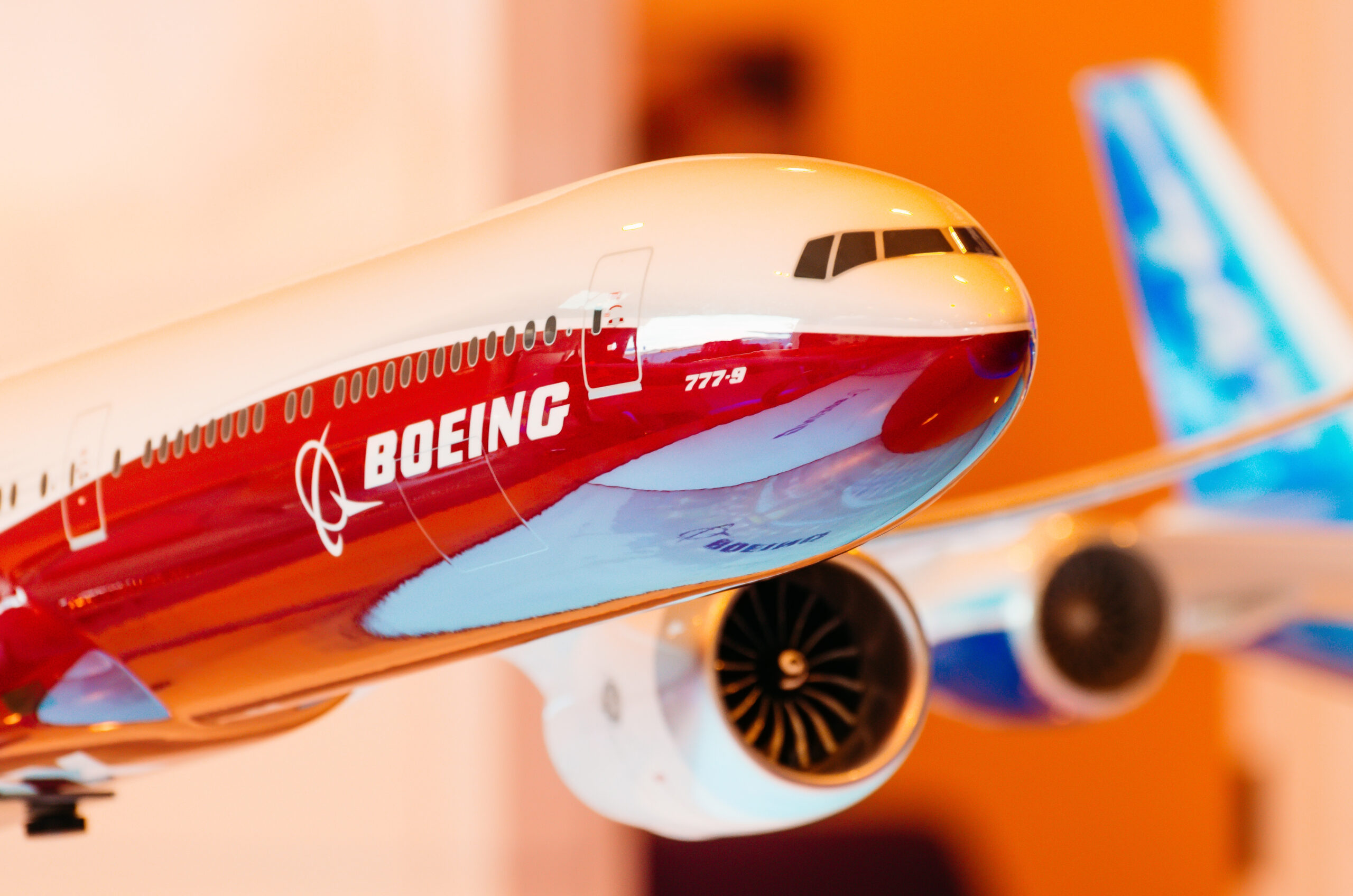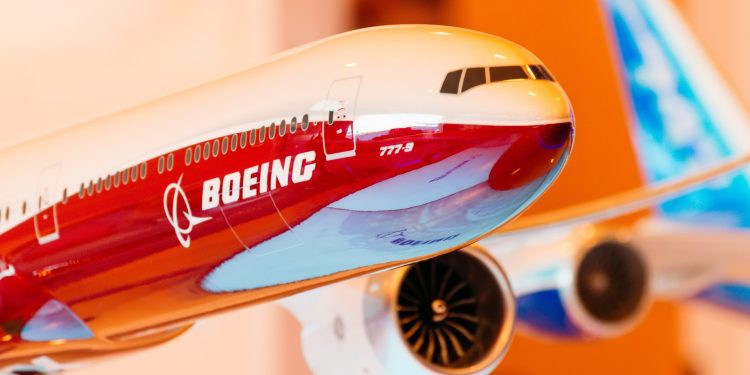
Boeing reported a nearly 90% jump in its net loss for the quarter ending June 30, compared to the same period last year with lower commercial delivery volumes and losses in defense development programs dragging down its earnings in a big way.
The company also announced Robert K Ortberg as the new president and CEO who will succeed Dave Calhoun when he steps down by the end of this year.
Ortberg, 64, is an aerospace industry veteran who last helmed Rockwell Collins as its CEO, and steered its integration with United Technologies and RTX until he retired from RTX in 2021.
Boeing’s net loss rises to $1.4 billion
The beleaguered aircraft manufacturer reported a net loss of $1.44 billion, or $2.33 per share, compared with a loss of $149 million, or 25 cents per share during Q2 last year.
On an adjusted basis, the company reported a loss of $2.90 per share, coming in nearly $1 per share under analyst expectations, according to LSEG.
Revenue declined by about 15% to $16.87 billion against an estimated $17.23 billion. Debt came at $57.9 billion, up from $47.9 billion at the beginning of the quarter due to the issuance of new debt.
The company has been under heightened regulatory scrutiny and its reputation has taken a massive hit following the door-plug blowout incident in January this year.
The quarter in question also saw the company plead guilty to a criminal fraud conspiracy charge to resolve a US Justice Department investigation linked to two 737 MAX fatal crashes in 2018 and 2019.
“Despite a challenging quarter, we are making substantial progress strengthening our quality management system and positioning our company for the future,” said Calhoun.
We are executing our comprehensive safety and quality plan and have reached an agreement to acquire Spirit AeroSystems. While we have more work ahead, the steps we’re taking will help stabilize our operations and ensure Boeing is the company the world needs it to be. We are making important progress in our recovery and will continue to build trust through action and transparency.
Fall in commercial airplane delivery drag down earnings
The quarter saw its delivery of commercial aeroplanes- its mainstay- decline by 32%, leading to a corresponding decline in revenues from the segment. It delivered 92 planes this quarter compared to 136 planes during the same quarter last year.
However, it still has a delivery backlog of over 5,400 aeroplanes valued at $437 billion.
“During the quarter, the company submitted its comprehensive safety and quality plan to the Federal Aviation Administration (FAA). The 737 programs gradually increased production during the quarter and still plans to increase production to 38 per month by year-end,” Boeing said in a statement.
It added that the 787 program maintains plans to return to 5 per month by year-end.
In July, the company announced an agreement to acquire Spirit AeroSystems, and the 777X program began FAA certification flight testing after obtaining type inspection authorization.
Losses in the defense, space and security segment
Revenue for the defense, space and security segment stood at $6 billion.
The operating margin reflected a $1 billion loss on certain fixed-price development programs, including a $391 million loss on the KC-46A program largely driven by a slowdown of commercial production and supply chain constraints, the company said.
During the quarter Boeing received the award of seven MH-139A helicopters from the US Air Force and delivered the first CH-47F Block II Chinook to the US Army.
Backlog in the segment was valued at $59 billion, of which 31% represents orders from customers outside the US, it said.
The post Boeing’s woes deepen as aircraft manufacturer reports 90% rise in net loss in Q2 appeared first on Invezz










